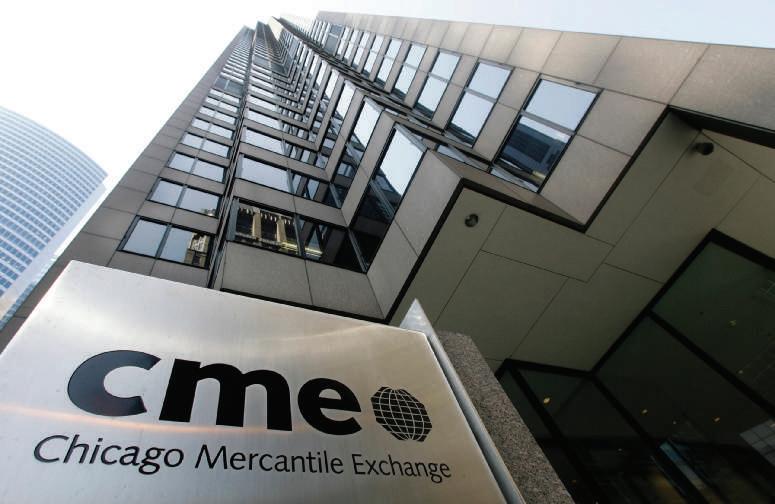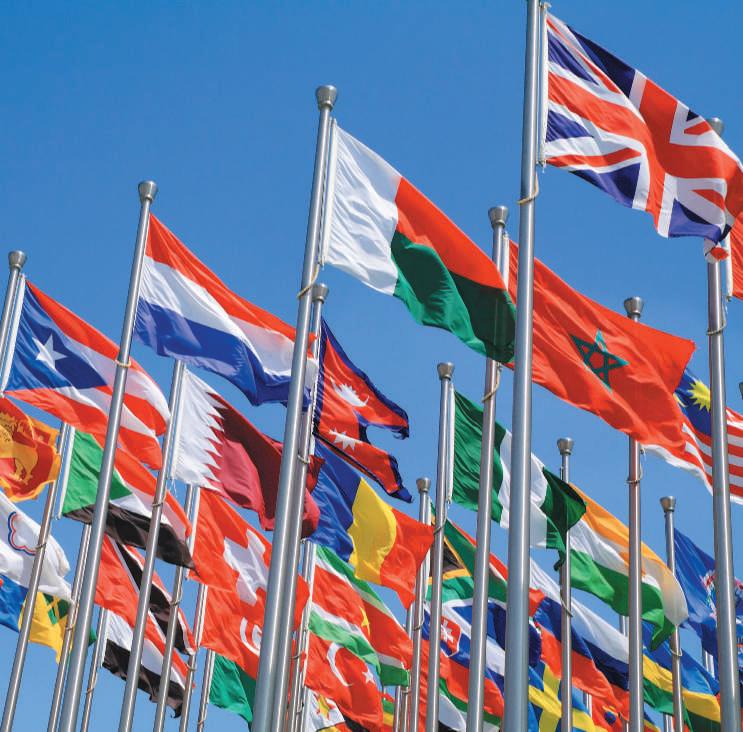156
C h ap t e r 6 T h e L e g al a n d P ol i t i cal E n v i r o n m e n t o f Glo b al B u s i n e s s
ways than in civil law countries, which means that contracting parties need to have long and very specific contractual language if they want to avoid judicial construction of their contractual document. Contracts are essentially meaningless unless they can be successfully enforced. Because of overcrowding in courts throughout the world, increasing numbers of contracts today have provisions allowing them to be enforced outside the judicial process by way of alternative dispute resolution methods such as arbitration, as will be discussed further below. Companies and individuals engaging in global business (or planning to do so) need to become familiar with the idiosyncrasies of contract law in the different countries where they may operate. For example, in certain countries certain groups of citizens (e.g., females) may actually not have full “capacity” to enter into contracts. In other countries, the rules regarding what technically represents “offer” and “acceptance” or contractual “mutual agreement” may differ considerably from the rules that exist in the United States. In general, it is advisable to retain local attorneys to help draw up any contracts involving foreign jurisdictions.
6-4d Tax Law
tax law
the body of law dealing with governmental levying of taxes on individuals and corporations
tax haven countries
countries with little or no tax transparency
Tax law is the body of law dealing with governmental levying of taxes on individuals and corporations. Tax rates and regulations vary widely throughout the world and play a considerable role in decisions by global businesses as to where to locate. Sometimes, however, the benefits of conducting business in a certain locale are so great that businesses will want to locate there in spite of high tax rates and complex tax regulations. For example, despite the fact that the United Kingdom recently raised the top individual tax rate in that country to 50 percent and has a very complex set of tax laws and regulations, very few financial and other firms want to leave their base of operations in London, England. These businesses simply believe that London’s advantages, both “personal and professional,” outweigh the tax costs.4 But London, England, may for many companies represent something of a special situation. With an average global corporate tax rate of 25.9 percent and corporate tax laws and regulations being highly complex in many developed countries, including the United States, in recent years many companies have been on the prowl for more tax-friendly bases of operation. For a number of major U.S. companies, the country of choice in this regard has been Switzerland. With its highly stable political system and relatively less complex tax structure, Switzerland has been able to attract major U.S. corporations to literally reincorporate and formally relocate in its jurisdiction. For example, Walgreens, the largest U.S. pharmacy retailer with a yearly $72 billion in sales, recently acquired the Swiss pharmacy company Alliance Boots, which has led to discussions about moving its headquarters to Switzerland. The corporate tax rate in Switzerland can be as low as 17 percent, versus the 23.6 percent average global corporate tax rate, and the 35 percent tax rates that prevail in the United States.5 It should be pointed out that any move by American companies to Switzerland is perfectly legal and may well be to the benefit of the shareholders of the given companies. If Walgreens, for example, decides to make such a move it would save over a billion dollars per year in federal taxes. That said, some companies in the United States and other developed countries engage in the practice of establishing operations in tax haven countries, countries with little or no tax transparency, as a way of potentially illegally avoiding United States or other taxes. For example, the infamous Enron Corporation had 43 subsidiaries in Mauritius, a tiny island nation off the east coast of Africa and, in this manner, was able to dodge the U.S. Internal Revenue Service for many years.6 Other tax haven countries that are favorites of tax dodgers include Belize, the Cayman Islands, Antigua, Barbuda, and the Isle of Man (long a favorite of U.K. businesses).
Copyright 2017 Cengage Learning. All Rights Reserved. May not be copied, scanned, or duplicated, in whole or in part. Due to electronic rights, some third party content may be suppressed from the eBook and/or eChapter(s). Editorial review has deemed that any suppressed content does not materially affect the overall learning experience. Cengage Learning reserves the right to remove additional content at any time if subsequent rights restrictions require it.







































